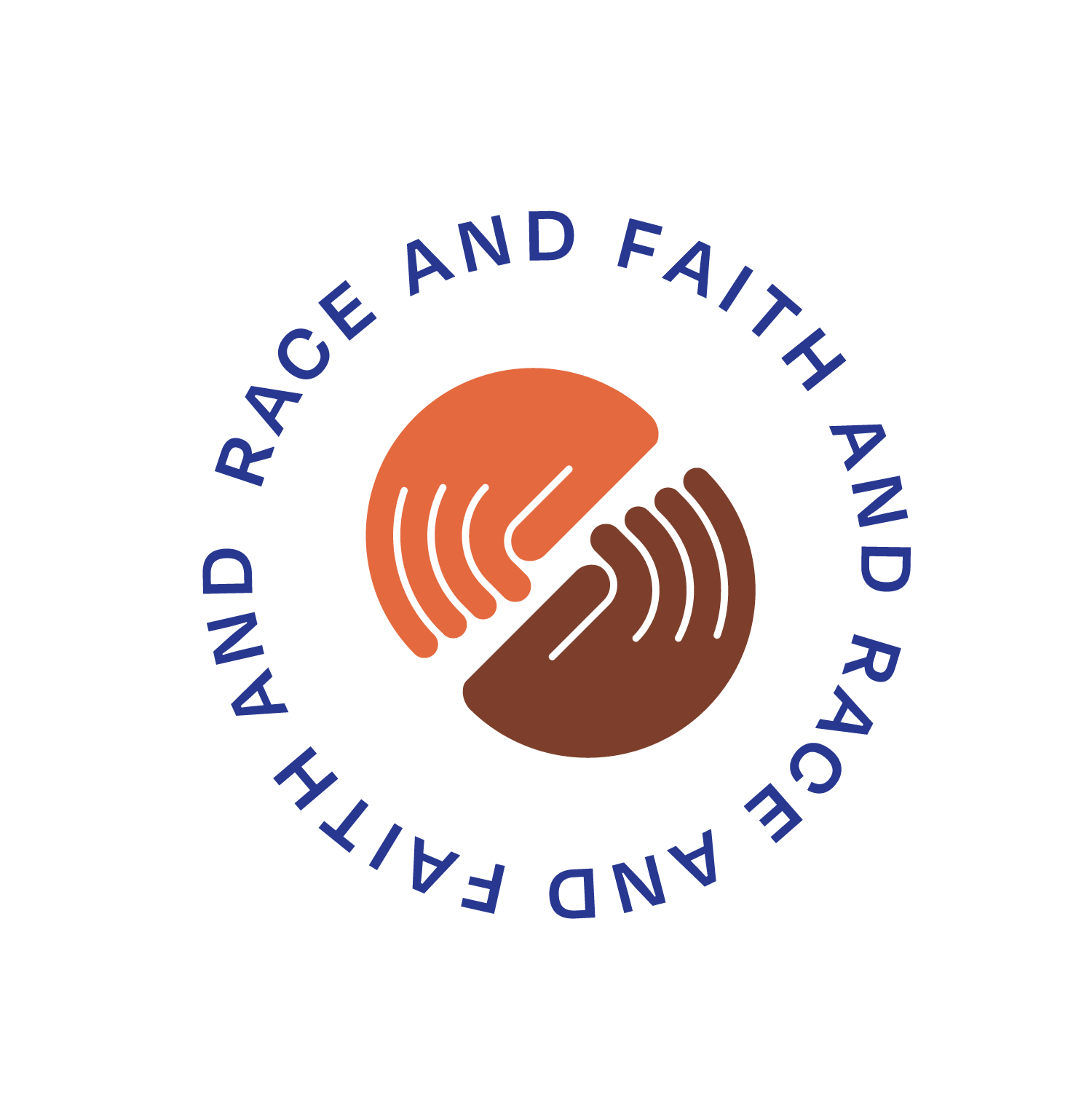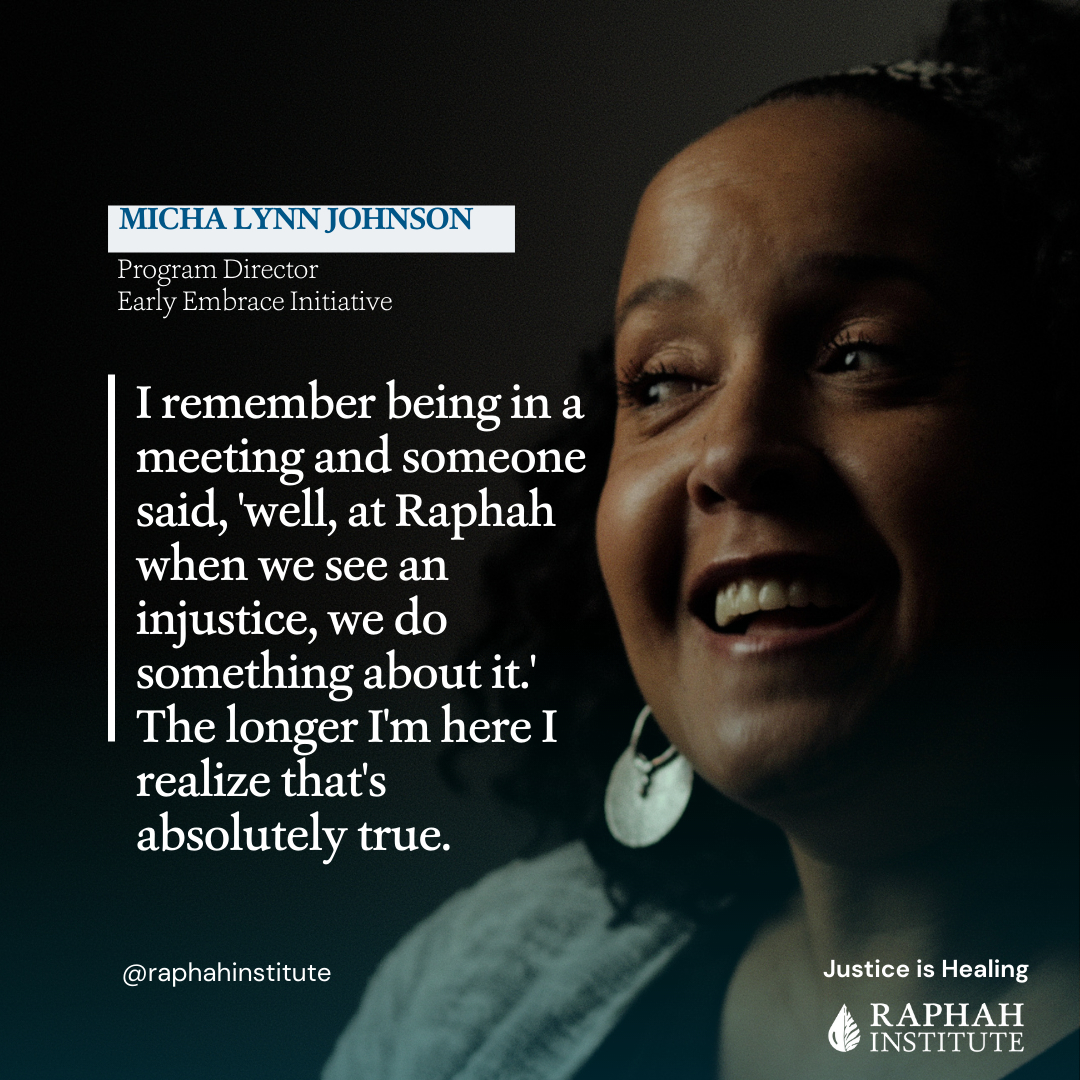Race & Faith
Who We Are
Our team is compassionately pursuing its mission to address the burden inflicted on all people by systems of oppression with the understanding that we have much to learn and much to do. We believe it is our baptismal promise to resist evil, injustice, and oppression in whatever forms they present themselves and that we, as the body of Christ, are called to stand with those who are victims of such injustice and work for peace and reconciliation. Through education, relationships, advocacy, partnering and action, we strive to make a meaningful and measurable difference in the lives of the historically oppressed population in our community. See this article from United Methodist Insight for an overview of Race and Faith past and present. We invite all BUMC members to join us in our journey!
Our Mission
Address the burden inflicted on all people by systems of oppression
Our Vision
Honor the sacred value of all
Get Involved

Studies and Classes
Our team offers Sunday School class curriculum and weeknight classes throughout the year to guide people on their journey of working for peace and reconciliation. Check out our Studies page to see upcoming opportunities to engage in this work.
Want to Learn More?
Our team would love to tell you more about the work we're doing. Contact missions@bumc.net to learn more.
Our Projects

Photo provided by Nashville Peacemakers
Nashville Peacemakers
Nashville Peacemakers is a nonprofit organization in North Nashville whose mission is twofold: to give youth in distressed neighborhoods the basic life skills and self-worth to choose peaceful alternatives to violence, and to support mothers whose children have been victimized. Its vision is to be the catalyst of change on a worldwide scale, so all children live to be adults who lead productive and meaningful lives. We provide support to Nashville Peacemakers through grant writing and tracking, administrative support (including accounting), food donation, facilitation of skill training around life coaching, home economics, knitting, etc., coordinating field trips, serving as advocates and allies for defendants in court, and fundraising.

Photo provided by Raphah Institute
Raphah Institute
The Raphah Institute addresses issues surrounding youth incarceration and victim trauma by using restorative practices in felony juvenile court cases. Together, all parties talk about the harm caused, its impact, and ways to repair it. Raphah also responds to the difficulties people who are poor have in finding high-quality and affordable childcare by investing in home-based childcare providers in their community. You can volunteer with Raphah Institute after going through an evaluation by their team.
Resources
Must-See and Must-Read Recommendations
If you’re just getting your feet wet and you have limited time, these resources are musts. All of these materials are available online or in the BUMC Library for checkout. Rather than using Amazon, we encourage you to purchase your books from the only Black-owned bookstore in Nashville.
- Holy Post: Race in America (Part 1) by Phil Vischer
- Holy Post: Race in America (Part 2) by Phil Vischer
- Vital Conversations: Deconstructing White Privilege with Dr. Robin DiAngelo presented by the General Commission on Religion and Race of the United Methodist Church
- Just Mercy (movie, 2019)
Get Connected with the Race & Faith Team
Our leadership team is available to guide you and encourage you throughout this journey.
Janet Byers (jj.byers@comcast.net)
Sherrie Cavin (sbcavin@gmail.com)
Kent Fourman (kenton.fourman@gmail.com)
Natalie Davis, Associate Director of Missions & Outreach (ndavis@bumc.net)
Rick Hotzfeld (rickhotzfeld@gmail.com)
Joy Jordan-Lake (joyjordanlake@gmail.com)
Linda Lee (lindaleebluebird@aol.com)
Rev. Ani Missirian-Wilson, Director of Missions & Outreach (amissirian-wilson@bumc.net)
Dr. Domenic Nigrelli, Pastor of Adult Education (dnigrelli@bumc.net)
Judith Stone (judithestone@gmail.com)
David Young (davidqyoung@gmail.com)
